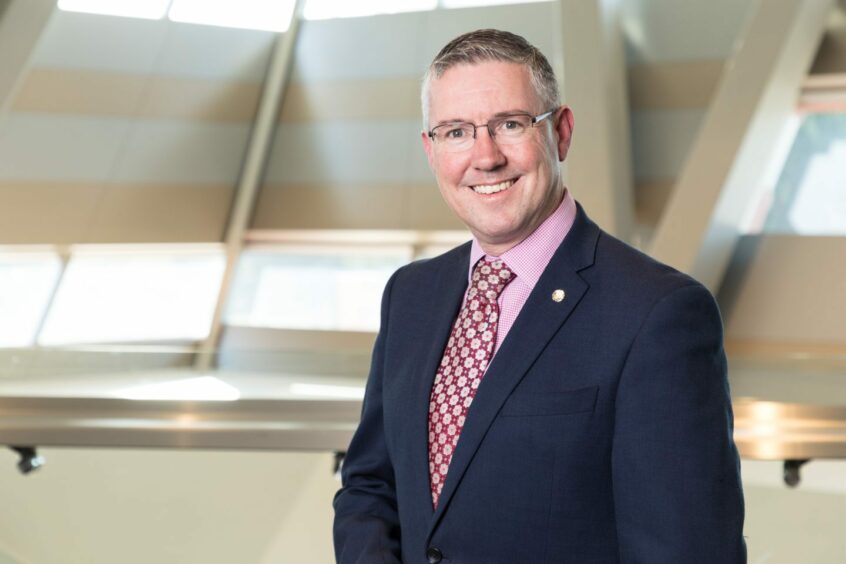
Gas coupled with renewable power is a natural partnership on the road to net zero and the pairing is already cutting emissions in many countries, according to global energy advisory company RISC.
Speaking to delegates at the Australian Petroleum Production & Exploration Association (APPEA) 2022 conference in Brisbane, RISC told delegates that major jurisdictions, including the US and UK, had seen significant emissions reductions from power generation through the phasing out of coal in favour of gas and renewables.
RISC managing director Martin Wilkes told the Brisbane event “we now have evidence that many jurisdictions have followed this path, with lower emissions correlating not only with an increase in renewables, but also increases in gas use.”
With batteries lacking the scale required, hydrogen at scale at least 15-20 years away, hydroelectricity limited by terrain and climate, and nuclear not an option in Australia, Wilkes said natural gas remained the only source available to provide the back up to variable renewable energy.
“If we are to navigate the next steps down the path to net zero, coupling natural gas power generation with renewable power generation is the only real current option available to most of Australia,” Wilkes said.
“On its own it won’t, and can’t get to net zero, but it can go a long way towards getting us there, and can also provide support to the development and integration of other technologies that can get us there. Gas remains the natural partner to renewables and provides the security of supply needed when the wind doesn’t blow and the sun doesn’t shine,” he added.
APPEA acting chief executive Damian Dwyer said the analysis by Wilkes was the latest highlighting the enduring importance of gas in the future.
“Gas is a flexible and stable partner in a cleaner energy future, whether that be as a firmer for renewables, feedstock for hydrogen, supporting manufacturing making every day products or as a replacement for coal,” Dwyer said.
“The oil and gas industry is committed to net zero by 2050 and already our members have spent over $5 billion on decarbonisation initiatives.
“But we also already partner with renewables to lower emissions. We support the growth of renewables because we understand it’s all shoulders to the wheel to deliver net zero.”
Recommended for you
